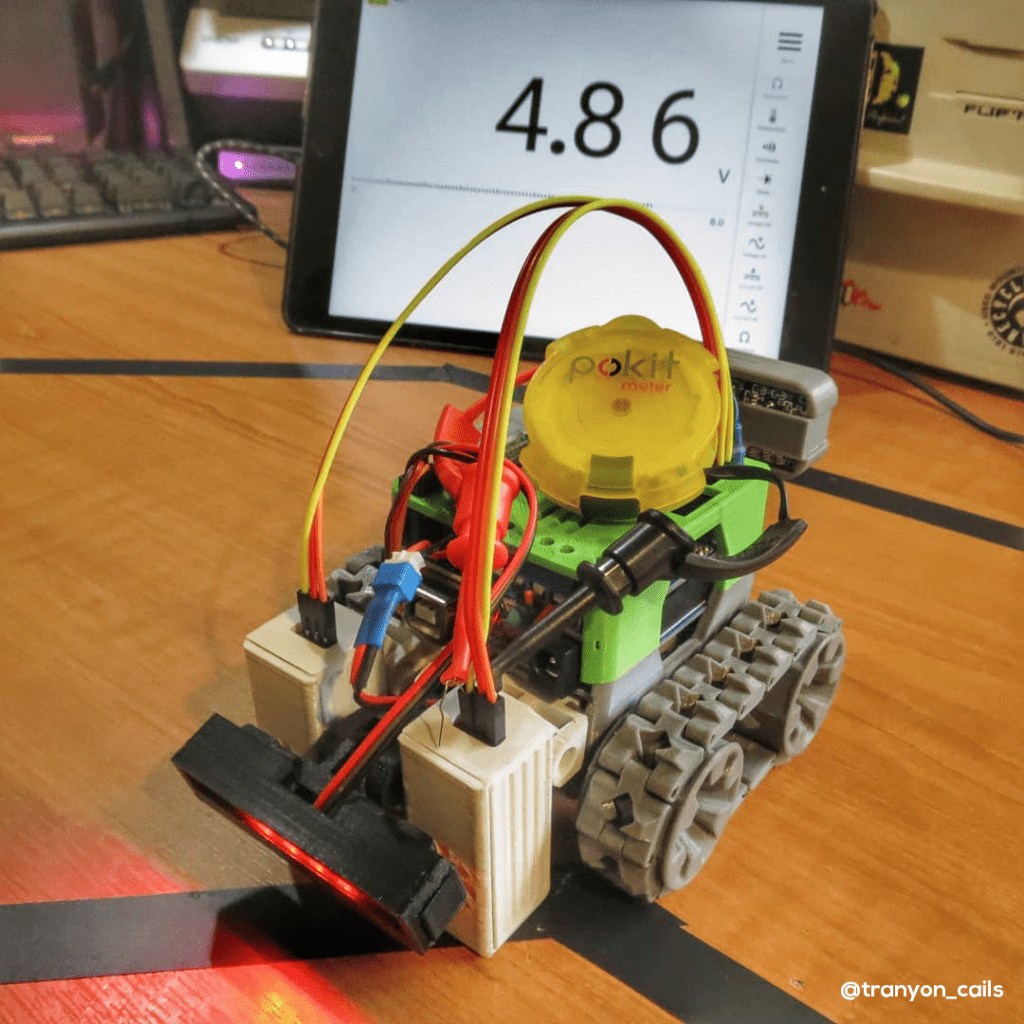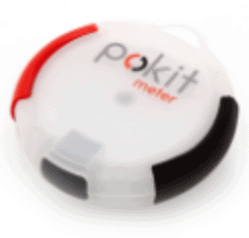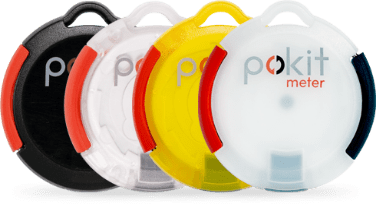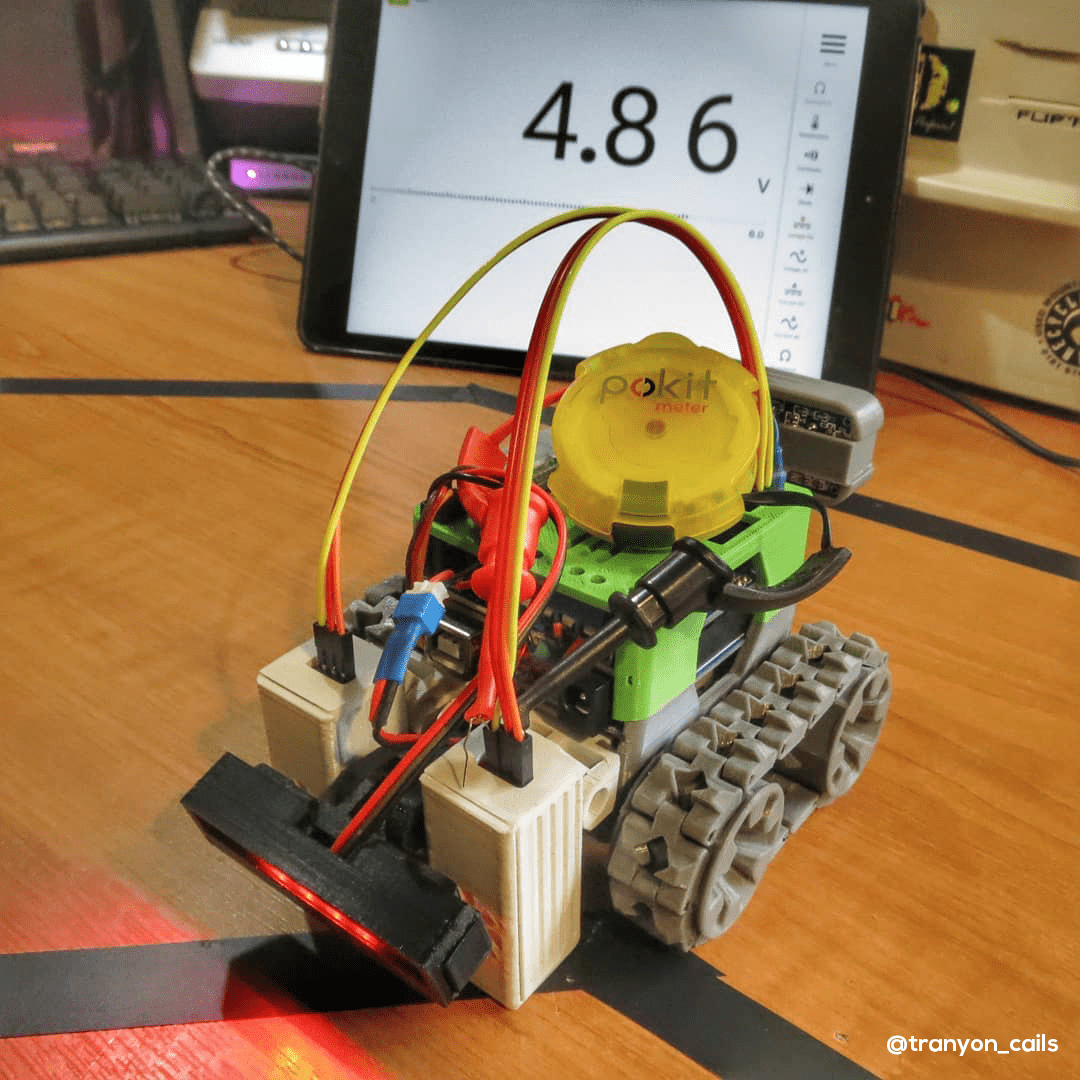It is now the month of June, which brings Pokit Maker May to a close. During Pokit Maker May, we held a competition for the most creative and unique Maker Projects you guys could create through the month using #pokitmakermay. We had a small pool of people submit their projects, and it was great to see how talented the Pokit community is.
You’ve probably all been waiting for the announcement of the winner of the competition. First, we’d like to thank everyone who took the time to submit their projects. We appreciated them all and loved to see what everyone could do and the creativity of your Maker projects.
Now, the winner we’d like to announce is (drum roll please!)
@tranyon_cails

While contacting the Pokit Maker May competition winner, we also asked @tranyon_cails a round of questions about himself and his Maker Project, the RoboRoach.
Q: A little bit about yourself?
My name is Mat and I live in the UK.
I’ve been a network engineer for the last 10 years, my interest in electronics started as an apprentice repairing printers and computer equipment long before that.
Q: What is the RoboRoach, and what did you use to build it?
RoboRoach is based on a SMARS 3d printable design I found on Thingiverse. It contains an Arduino UNO with an Adafruit Motor shield, this drives two 6v N20 Motors, all powered by a 9v PP3 battery.
There are a growing number of additional modules available to 3d print and extend its functions. Although any Arduino compatible electronics will work. Currently RoboRoach is configured with Bluetooth for communication, an Ultrasonic Sensor mounted on a Servo, 2 Infrared line sensors and 8 Neopixel RGB LEDs.
Q: How long did it take to build the bulk of the RoboRoach?
I’ve been using RoboRoach to learn/improve my coding skills. He took a few days to print/build. Then a few hours a week over the last 6 months to code and test. It’s currently at around 700 lines of control code.
Q: We saw in your submission that you used a Pokit Meter to help build the RoboRoach? How did you use it, and how did it help through the build?
In my post, I was monitoring output voltage from the Infrared line sensors. This helped me tune the sensitivity of the code used to detect a fence / black line.
Q: What are you going to do with your gift voucher?
I’ll be putting the $100 towards a pre-order Pokit Pro and maybe some stickers.
Thank you for creating a great product. It has replaced a trusty FLUKE 8026B as my go to multimeter.
So, that draws Pokit Maker May to a close. We have more competitions and content that you guys can participate in. So, keep on the lookout for that!







